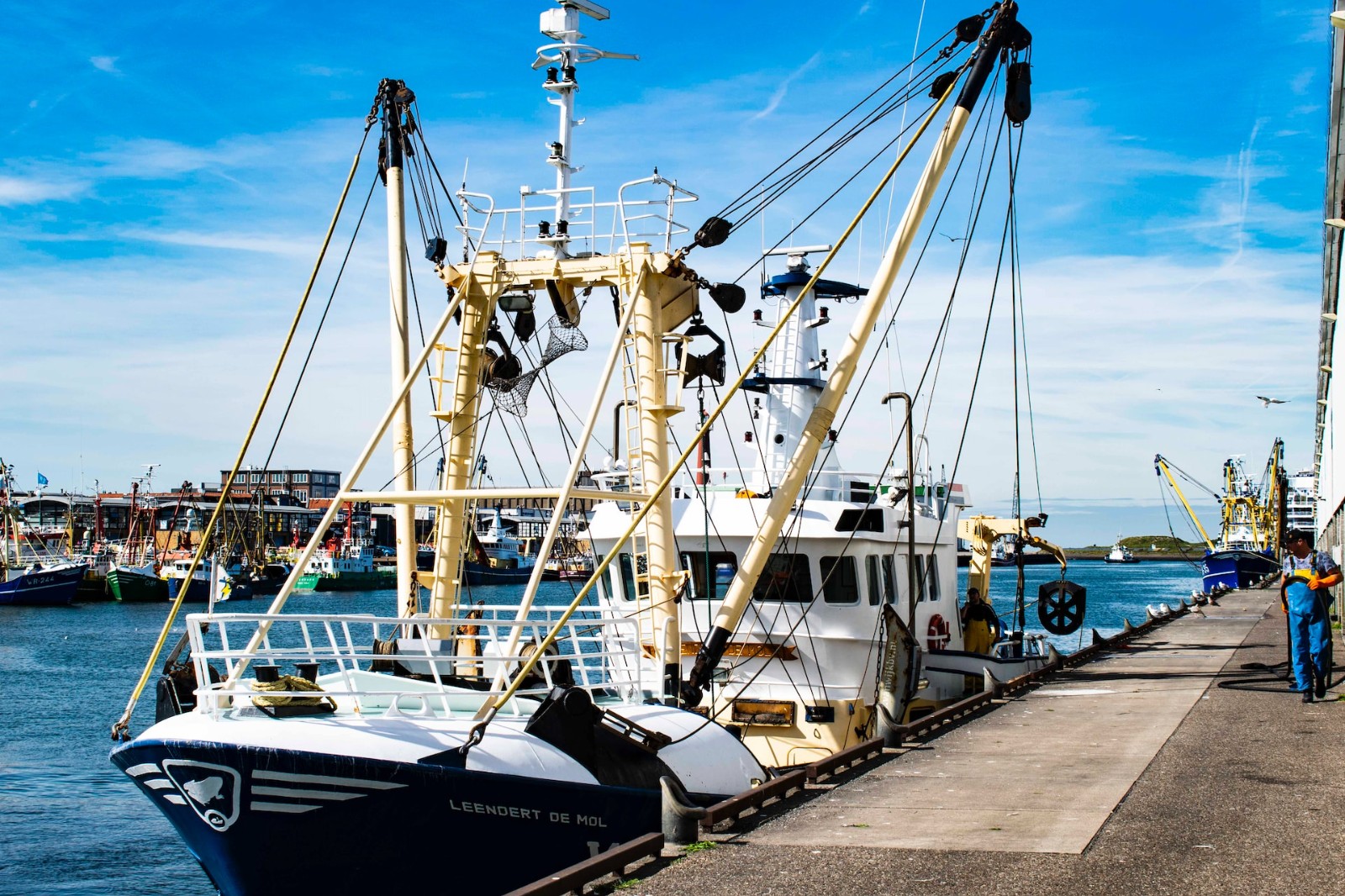


The European Union, Norway and Iceland announced on August 3 the lifting of restrictions on food imports from some parts of Japan following the 2011 Fukushima nuclear power plant disaster in northeastern Japan.
This brings the number of countries and territories maintaining import controls due to radiological safety concerns down to nine, with Switzerland expected to follow suit on August 15.
More than 55 countries and regions imposed import restrictions on food products from parts of Japan during this period.
The removal of the requirement for radionuclide testing and safety certification for certain seafood and agricultural products is welcome news for producers in Fukushima and the nine affected prefectures of Miyagi, Yamagata, Ibaraki, Gunma, Niigata, Yamanashi, Nagano, Iwate and Shizuoka.
In recent years, the European Union has been gradually easing its restrictions, listing wild mushrooms, some fish and wild edible plants as the last foods to be tested.
The decision to end the sanctions based on scientific evidence was announced by the 27-member European Union at the EU-Japan summit in Brussels, Belgium, on July 13. Japanese Prime Minister Fumio Kishida, European Council President Charles Michel and European Commission President Ursula von der Leyen attended the meeting.
The EU decision follows the International Atomic Energy Agency's conclusion in early July that Japan's plan to discharge treated radioactive water from the crippled Fukushima nuclear plant into the sea meets international safety standards and would have negligible radiation effects on humans and the environment.
But in a statement issued on July 13, the European Union called on the Japanese government to continue to monitor radioactivity in domestic products, paying particular attention to "fish, other seafood and seaweed near the site of the contaminated water discharge," and to publish the results.
Need help or have a question?
Send mail